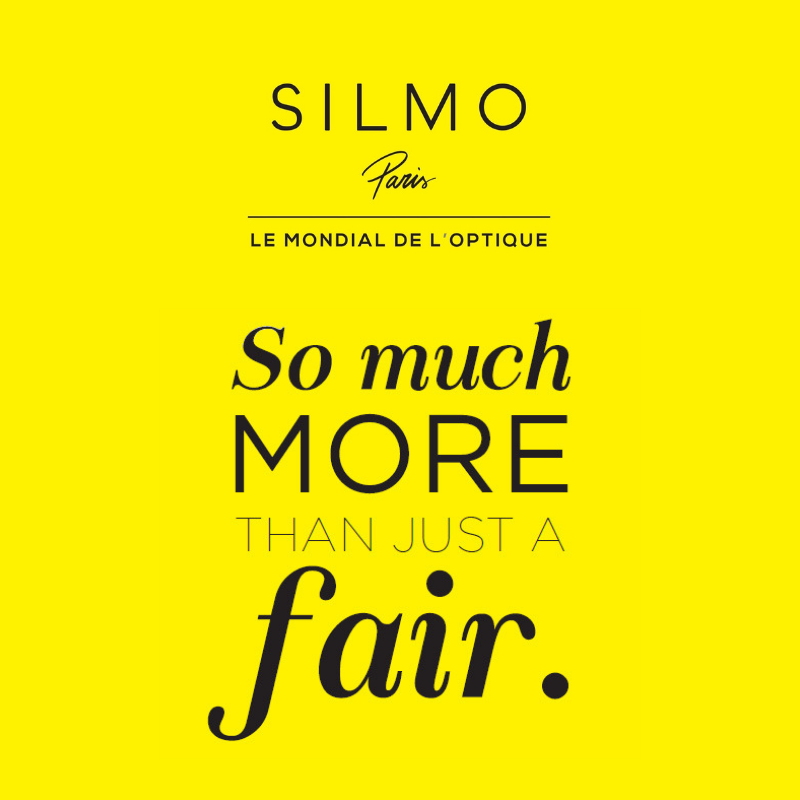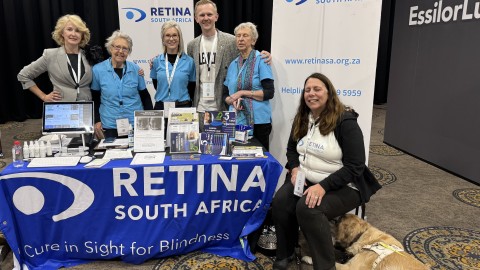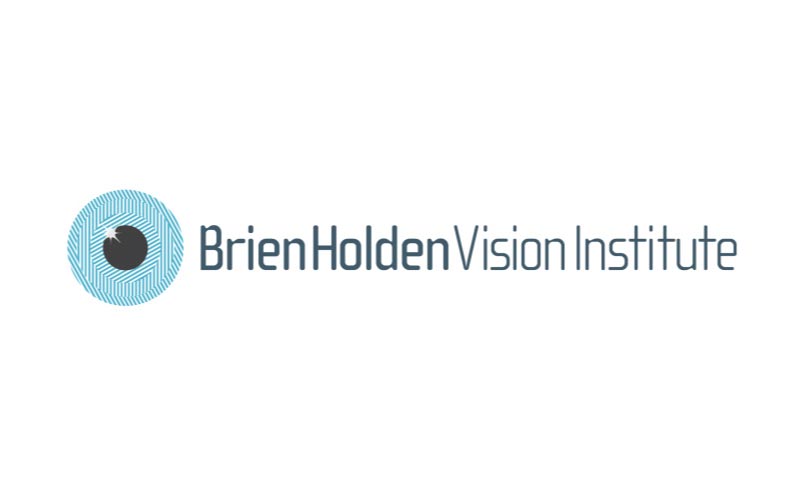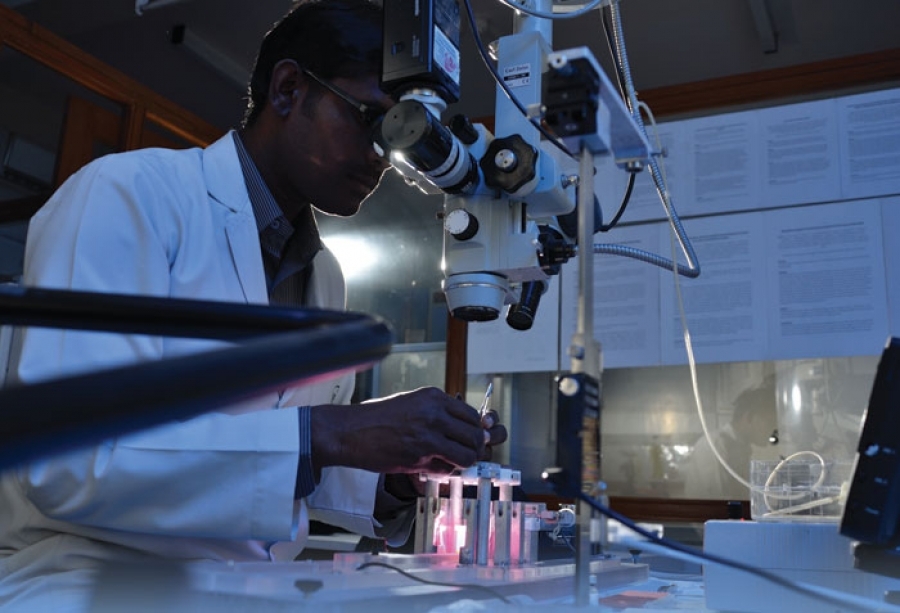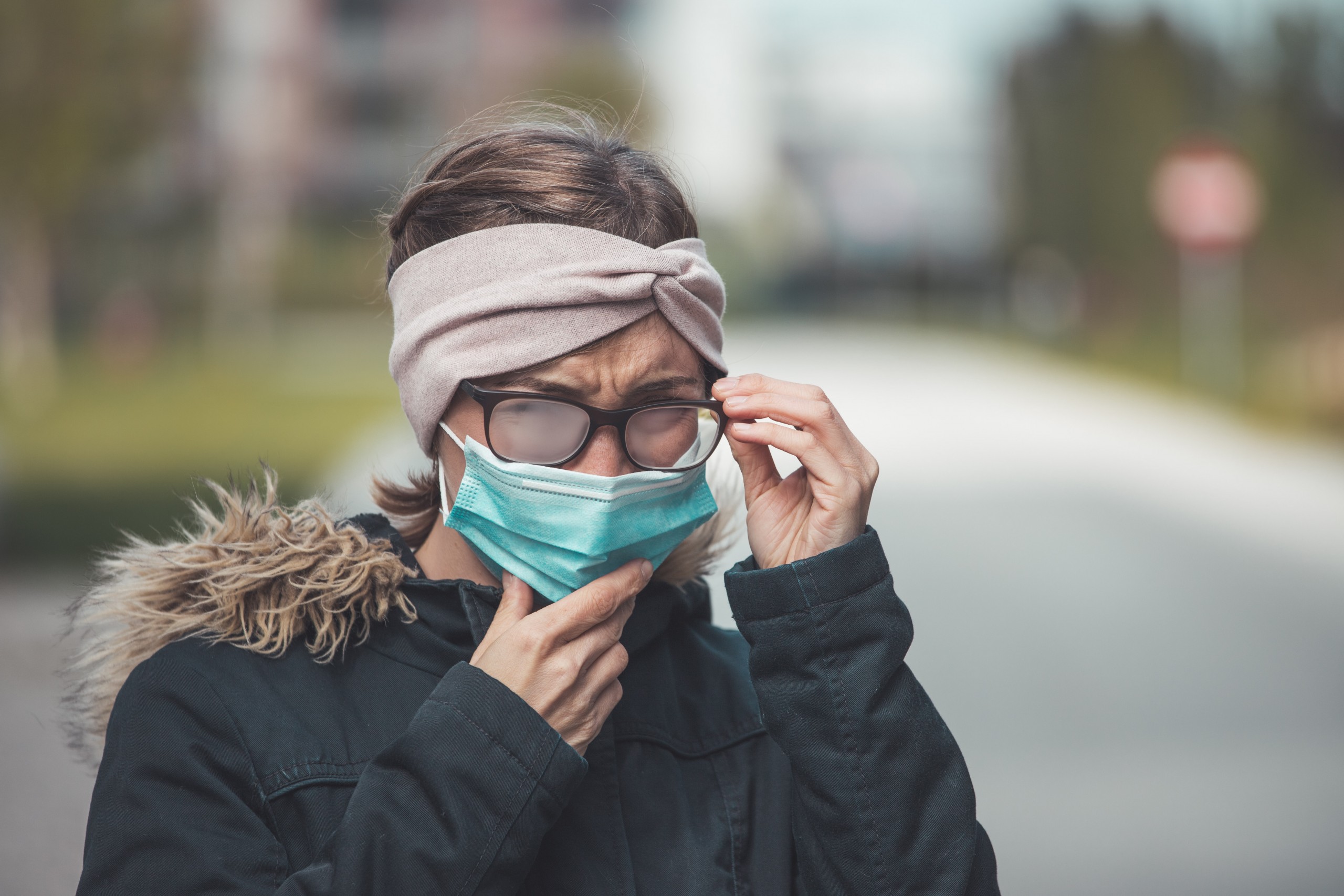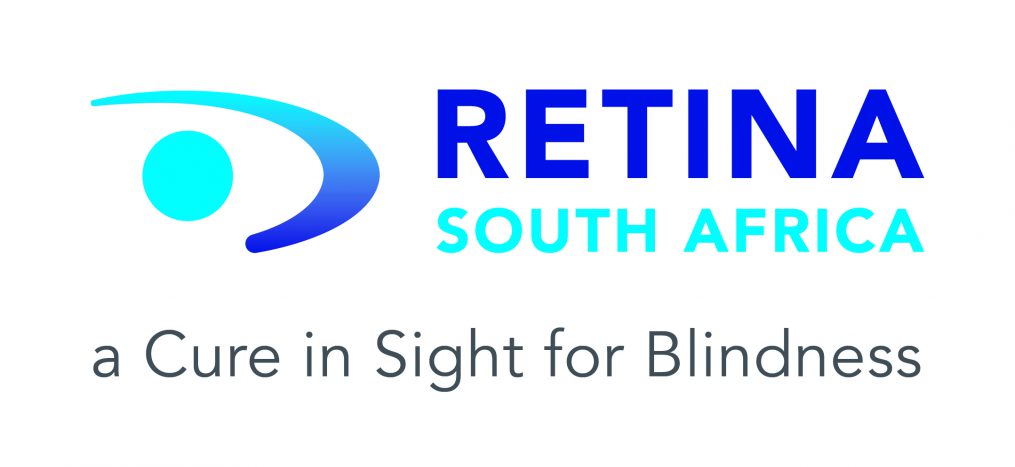
EDITORIAL
Written by C Medefindt
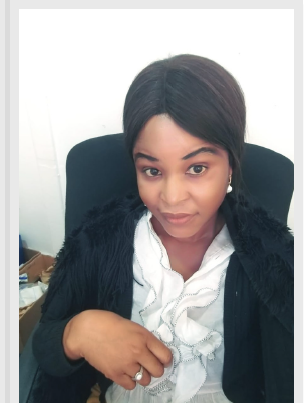
Retina South Africa welcomes a new staff member. Lindiwe Maredi joined us as a Social Worker on April 1st.
My name is Lindiwe Maredi. Originally from Limpopo, have been full-time in Gauteng for over 10 years now. I qualified as a social worker with a degree from UJ in 2011. I have been working in the field for 9 years. I am married with a three-year-old son.
Retina SA welcomes Lindiwe and we know she will be a great asset to our team. She is now receiving intensive training in all aspects of retinal vision loss. This knowledge, coupled with her natural friendliness and empathy will make her a great addition to our counseling team
VIRTUAL COUNSELLING, WEBINARS AND SEMINARS
Retina South Africa is pleased to offer a free personalised Zoom education session to our paid up members. If you would like to book a session please contact the head office – 0860595959
Copies of our webinars are available on our Retina SA Youtube channel
https://www.youtube.com/channel/UC54Y69fvfcCrsI8WIlFylIQ
. Please subscribe to the channel to boost our rating. Subjects covered include many aspects of retinal vision loss.
Some of our webinars can be found on our website www.retinasa.org.za under the Learn Tab, select webinars or follow this link
https://www.retinasa.org.za/learn/webinars/
Stem Cell Seminar
An excellent Stem Cell seminar was held recently by the Foundation FightingBlindness USA. For anyone interested in the fantastic progress being made in stem cell research, this is a must-view.
This seminar was held on March 20th and the distinguished panel of speakers were:
Dr. Ben Shaberman – Senior Director of Scientific Outreach at the Foundation;
Professor David M. Gamm, Director of the McPherson Eye Research Institute and professor of Ophthalmology and Visual Sciences at the University of Wisconsin-Madison;
Professor Thomas A. Reh, Biological Structure Professor, Institute for Stem Cells &Regenerative Medicine at the University of Washington;
Professor Michael J. Young, Massachusetts Eye, and Ear, Director, Minda de Ginzburg Center for Retinal Regeneration; Harvard Medical School, Associate Professor of Ophthalmology; Co-Director, Ocular Regenerative Medicine.
View the webinar https://bit.ly/3a4OVIW
RESEARCH NEWS
News from ProQR
Retinitis Pigmentosa and Usher Syndrome – ProQR has announced positive results of their Usher syndrome and retinitis pigmentosa clinical study Stellar, which has met all its stated objectives. This marks a crucial milestone in their ongoing inherited retinal disease research.
ProQR has published positive results from its Phase 1/2 Stellar trial of QR-421a, an investigational RNA therapy for the treatment of Usher syndrome and retinitis pigmentosa (RP) due to mutation(s) in exon 13 of the USH2A gene.
QR-421a aims to stop vision loss or restore vision in people with a mutation in a specific part of the USH2A gene, called exon 13. QR-421a works by binding to the mutated USH2A RNA and exclude exon 13 from the RNA. This approach is known as exon skipping. The cells in the retina can then produce a slightly shorter but functional USH2A protein. With only one injection of QR-421a, the Stellar study showed benefit in the treated eye in comparison to the untreated eye across multiple eye tests. This benefit was seen across all participants in the study, which included patients with both advanced vision loss as well as early to moderate vision loss.
This trial studied the safety and efficacy of RNA therapy designed to skip exon 13 in the RNA with the aim to stop vision loss.
A total of 20 participants took part in the Stellar study. Results showed that QR-421awas well tolerated with no serious adverse events reported. QR-421a also demonstrated benefit in multiple measures of vision, including best-corrected visual activity (BCVA), static perimetry, and retinal imaging (OCT).
ProQR will now proceed to an open-label extension study, named the Helia trial.
Professor Robert Koenekoop, from the Montreal Children’s Hospital and McGill University in Canada stated: “The safety profile and efficacy findings for QR-421a are very encouraging. Usher syndrome and non-syndromic retinitis pigmentosa due toUSH2A exon 13 mutations are devastating retinal diseases representing a high unmet medical need, as there are no approved therapies to treat the severe vision loss associated with these diseases”.
For those interested in more details please register for ProQr’s upcoming Eye on the future Forum (EFF), on Thursday 15th April, 17:00 CET. [16h00 SA time] Visit their website: https://eyeonthefutureforum.com/
Bionic Sight’s Optogenetic Therapy
This exciting research enables blind patients to detect light and motion in an early trial. The therapy is designed to work for people with advanced vision loss, independent of the mutated gene causing the retinal disease.
Four patients with retinitis pigmentosa (RP), all of whom had complete or nearly complete blindness, had some vision restored in a Phase 1/2 clinical trial for an emerging optogenetic therapy developed by Bionic Sight. All the patients can now see light and motion. Two of the patients can detect the direction of motion; that is, they can determine if objects are moving to the right or left. The company’s trial is the first to report vision restoration in humans receiving an optogenetic therapy. The therapy is designed to work for people with advanced vision loss, independent of the mutated gene causing the retinal disease.
The four patients treated thus far received a low dose of the therapy. The company believes that higher doses may provide better vision. A total of 20 patients will be rolled in the trial underway at Ophthalmic Consultants of Long Island.
Patients in the trial began reporting anecdotal improvements in vision about two to three months after receiving the optogenetic therapy.
Bionic Sight’s optogenetic therapy was conceived and developed by SheilaNirenberg, Ph.D., the company’s founder, and a professor at the Weill Medical College of Cornell University. The emerging treatment has two components. The first is agene therapy that bestows light sensitivity to retinal ganglion cells – cells that done otherwise respond to light but survive after photoreceptors have been lost to retinal disease. The second component is a neural coding device worn like a pair of glasses. The device transmits visual information to the ganglion cells.
“Though we are still at an early stage in the trial, we are encouraged by the vision the patients are experiencing so far – both in the real world and in the lab testing center– as well as the good safety profile thus far,” says Dr. Nirenberg. “We look forward to study results as we deliver higher doses to participants later this year.”
Bionic Sight used the Foundation Fighting Blindness – My Retina Tracker PatientRegistry (www.MyRetinaTracker.org) for identifying potential patients for its trial. All retinal patients worldwide are encouraged to register.
For the full story https://bit.ly/3uJv9up
NEED GENETIC TESTING
We have received a grant to support the costs of genetic testing for patients under the age of 25 from needy families. Please email:
headoffice@retinasa.org.za or WA0833065262.
DEAF – BLIND SOCIETY
Deafblind SA has established an office in Gauteng. Contact them:
Office: 011 837 5080
Cell: 081 482 3973
Email: dbsagauteng@gmail.com
Website: www.deafblindsa.co.za
YOUTH GROUP
Alani Ferreira has been selected to represent South Africa on the RetinaInternational Youth Council.
Remember you can connect with the Youth Group via the email youth@retinasa.org.za
They can then add you to the WA group. You can also speak to Kgosi, Alani, Anup, or Samantha.
GETTING INTO QR CODES
QR codes are square blocks with a strange pattern that are being used more frequently for many online transactions and for navigation.
A new free App called NaviLens is an enhanced free QR code reader for both ios and Android devices but can detect QR codes via your smartphone camera up to60 feet away with a 160-degree wide-angle range. This makes it easy for blind or visually impaired users of the technology. For example, you will now be able to find an indoor room if you are walking down a hallway or another destination such as a bus stop or storefront.
In addition, there are home-use NaviLens tags that are free and you can print them out on your own personal printer and use them at home and customize them for whatever purpose you want: labeling your record or CD collection, items in your fridge or pantry, clothing or medication.
Once you have tagged items you can find things as easy as opening up the NaviLensapp on your phone. (This feature also places ‘naviLens’ in the ‘Identifier’ apps category) .
NaviLens will be launching a new and more dynamic feature called NaviLens 360Vision which gives you detailed step by step, foot by foot guidance to your destination with all kinds of cool navigational assistance, such as audible tones to guide you left or right or straight to your destination.
JOB SEEKERS
Looking for employment or bursaries. Mariza Jurgens sends regular info on work and study opportunities for the disabled. Find them on our Website www.retinasa.org.za Assistance Tab, select Job opportunities
THANK YOU FOR YOUR SUPPORT
We would like to thank the members who have paid their membership fees and made a donation to the research fund.
Thank you to the members who have paid membership fees. If you want to remain a member in good standing but cannot afford the R240 per year please contact head office and complete a fee waiver form. The research donations are very welcome as the Covid-19 restrictions have meant that we have had no special events for a year.
We still have tickets for our Circle of Light competition and an annual donation ofR250 per year puts you in line to win an R500 cash prize every month. If you have a contact in the business and corporate world, please introduce us to discuss possible sponsorship opportunities.
Please remember to nominate Retina SA as a beneficiary on www.myschool.co.za
They will donate to us at NO COST to you. Remember to swipe at participating outlets. Now more than ever we need your support.

